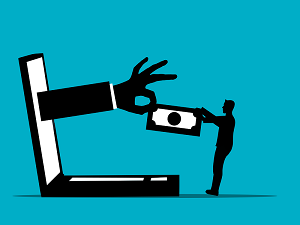 It’s getting easier than ever to conduct effective phishing campaigns thanks to the rise in popularity of SaaS platforms.
It’s getting easier than ever to conduct effective phishing campaigns thanks to the rise in popularity of SaaS platforms.
A recently published report released by Palo Alto Networks’ Unit 42 revealed that the use of Software as a Service to conduct phishing attacks has surged by an incredible 1,100 percent between June 2021 and June 2022.
Driving this surge is the simple fact that a hacker needs only a limited skill set to build a convincing looking version of a legitimate corporate website using tools commonly available in most SaaS services. Even better, from the hacker’s perspective, is the fact that they can easily swap website templates out. That means when they’re ready to stop targeting Company A and switch to targeting Company B, doing so is quick and easy.
Another advantage hackers are finding when it comes to leveraging SaaS to conduct their campaigns is the fact that SaaS platforms are known for their impressive uptime, so there’s seldom a worry that the service in question won’t be available. By using such platforms, hackers can more easily evade alerts from email security systems, making it more likely that their attacks will ultimately succeed.
The detailed Unit 42 report breaks SaaS platform into six different categories: form and survey builders, website builders, documentation writing platforms (which includes note-taking platforms), personal portfolio services, file sharing, and site hosting services.
While services in all six of these categories have seen rampant growth in use by hackers, form building services are currently the most abused of the SaaS platforms and the surge seems to have started in October 2021.
What this means for IT Security professionals is that you’re very likely to see an increasing number of phishing attacks in the months ahead. The easing of technical barriers has opened the proverbial floodgates.
Used with permission from Article Aggregator
